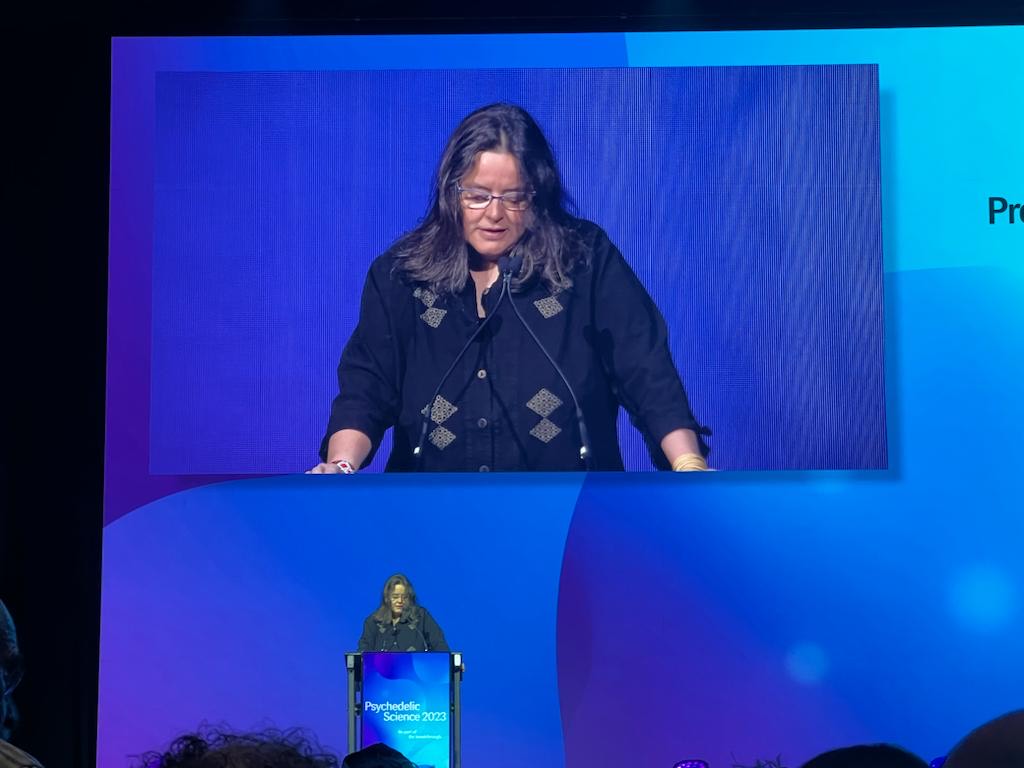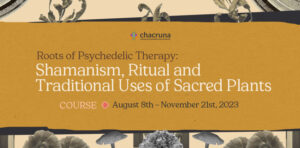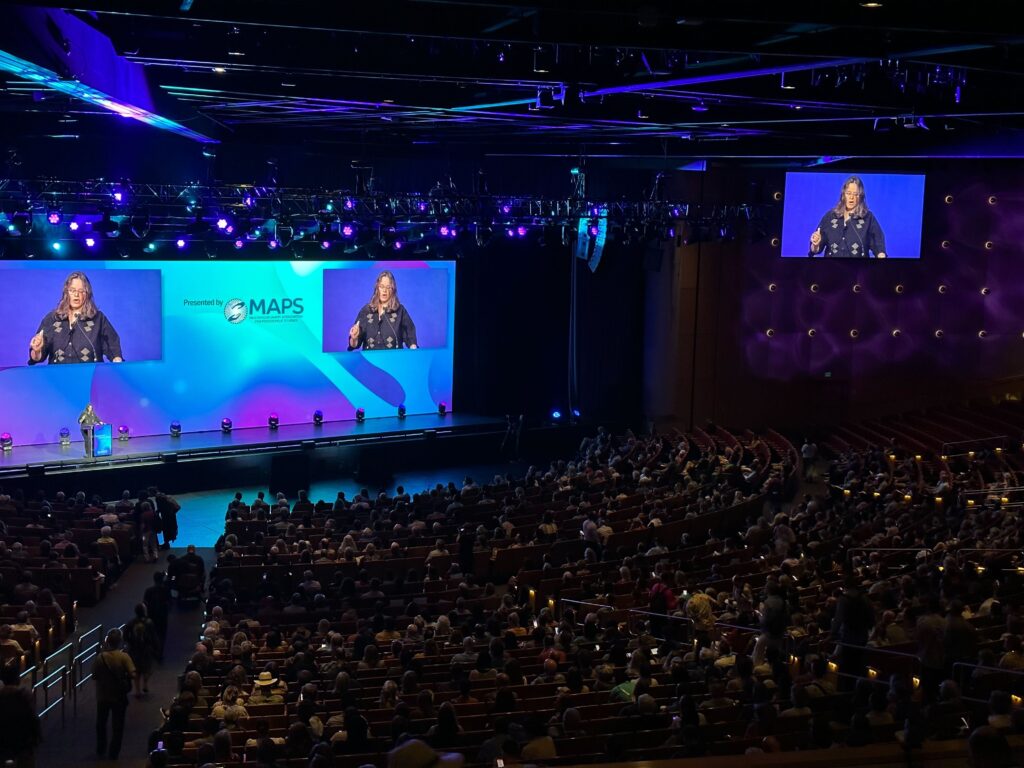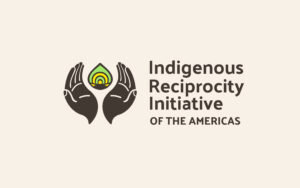- Psychedelic Culture and the Future of the Psychedelic Movement - April 27, 2024
- Eight Frequently Asked Questions About Ayahuasca Globalization - February 13, 2024
- Ten Tips for Standing in Solidarity with Indigenous People and Plant Medicines - January 18, 2024
Good morning, Everyone.
I have been an academic researcher and political activist for 33 years, since I first ate psilocybin mushrooms in Huatla de Jimenez in Mexico, on a beautiful night full of stars, while backpacking as a young anthropologist. That night transformed my life forever, as I became aware that there is something beyond this visible reality, and there is a way to access this that can help us better navigate this experience of being human.
Since then, I have been researching plant medicines, drug policy, shamanism, ritual, religion, and social justice, and have published 27 books on these topics. I have pretty much devoted my spiritual and professional life to exploring the path of sacred plants.

My life story is also interwoven with MAPS Psychedelic Science conferences. In 2007, I met Rick and Ethan in the DPA conference and started volunteering for MAPS. In PS2010, I led the ayahuasca track and met the woman who later became my wife, Clancy Cavnar, who is here with us today. I am happy we are celebrating 13 years together now, doing the thing we most like to do: attending a psychedelic conference together.
In PS2013 and PS2017, I led the Plant Medicine tracks, and at PS2019, I was part of the organizing committee as well.
After PS2017, I was excited to finally immigrate permanently to the USA. In 2018, I got a job in MAPS, and in June 2019, our non-profit organization, the Chacruna Institute for Psychedelic Plant Medicines, was officially incorporated. In 2021, I became an American citizen. I thank this country that allows same sex marriage, and I thank all our ancestors who fought this good fight. Clancy and I celebrate Pride with all of you today.
This is truly historical moment for our collective psychedelic movement. Not only is our medical research advancing on all fronts and the vision of making MDMA an accessible treatment for PTSD each day closer, but decriminalization is advancing around the country, and we are seeing the walls of prohibition start to crumble.
I do not even know how to express the joy that it is to stand on this stage with all of you. This is truly historical moment for our collective psychedelic movement. Not only is our medical research advancing on all fronts and the vision of making MDMA an accessible treatment for PTSD each day closer, but decriminalization is advancing around the country, and we are seeing the walls of prohibition start to crumble. I thank Rick and MAPS, as this organization has been a visionary and generous leader in this field.
I would like to talk about the importance of MAPS and the psychedelic movement to embrace not only the US, medical research, and MDMA, but also Latin America, plant medicines, social sciences, and the study of setting.
We need to fully acknowledge that drugs are not molecules only; they are taken in specific contexts, and that matters. The idea of randomized controlled trials is based on the premise that you can separate the “effects of the drug” from “set and setting” and measure these effects through comparison with a placebo group to find out if these substances really “heal.” There are merits to this approach but it’s also a reductionistic biomedical way to understand the psychedelic experience. These borders between substance, set, and setting are a construct, a fiction.
Medical research is not going to be enough. We need to amplify the voices of social sciences and humanities in this field. Setting is not just the cherry on top of the cake, it can really determine the effects of the experience.

Join us for our Roots of Psychedelic Therapy: Shamanism, Ritual and Traditional Used of Sacred Plants course, August 8th – November 21st, 2023
As an anthropologist, I want to tell my fellow health researchers that we deeply appreciate the work you do. And that we would like to collaborate and team up with you to go beyond the status quo and create cultural understanding and legitimacy regarding these substances so that they may cease to be stigmatized and outlawed. That means recognizing that these “drugs” are part of our identity, history, societies, and culture – with great worth beyond their medical and therapeutic value.
As a Brazilian and Latina woman, I want to talk about Latin America and plant medicines. Throughout my journey, I have witnessed firsthand how psychedelic plant medicines became popular, and how people from the Global North traveled increasingly to the Global South, with the collective appetite for these experiences growing exponentially. However, there seems to be a kind of obsession with these plant medicines, a romanticization or even fetishization, that does not demonstrate a wish to truly learn from the Indigenous people who have been using these plants since time immemorial. On the one hand, there seems to be a lack of interest in even getting to know these communities. On the other, there exists a sincere wish to try to do better but a lack of sense of what is the correct thing to do.
How can the psychedelic movement relate to locals in respectful and mindful ways? Some suggestions: (1) taking Indigenous claims on plant medicines seriously, such as the idea that these are plant spirits; (2) understanding that healing is an holistic affair that involves the relationship with oneself, the community, and the world of non-humans; (3) remembering that there is an interconnection with the Earth… a central concept in sacred plant ceremonial healing is: “relationality”; (4) pointing out the importance of learning about Indigenous cultures, languages, and traditions; (5) to not tokenize people but to listen and develop trust; engaging in collaborative, horizontal, long term, and non-transactional relationships; in sum, to be an ally and friend and stand in solidarity.

As declared by female Brazilian Indigenous activists like Daiara Tukano and Fernanda Kaigang, the psychedelic movement could do much better. We have failed to engage in supporting the political movements that Indigenous communities are involved in. I would like to point out the lack of the US’s signature on the Convention on Biological Diversity (including the Nagoya Protocol), and the United Nations Declaration on the Rights of Indigenous People, as well as the fact that the US has boycotted negotiations around Indigenous rights in the World Intellectual Property organization for over 23 years.
What would the so called “psychedelic renaissance” look like if all the people who love psychedelics challenged the system of patents and supported the protection of Indigenous lands and cultural heritage and knowledge? How would a conference like this look if legitimate Indigenous and Black leaders, some of whom are here present as speakers, were in addition fully included in the planning and organization? How would this movement look if we were to truly co-create it with those who discovered these plant medicines and brought them to us, and the many other voices that we continue to marginalize and make invisible?
I urge all new businesses, researchers, and clinicians to take seriously the need for reciprocity and benefit sharing.
I urge all new businesses, researchers, and clinicians to take seriously the need for reciprocity and benefit sharing. I invite everyone to learn about Chacruna’s Indigenous Reciprocity Initiative of the Americas (IRI), which is a reflection of all of these considerations; our contribution to trying to support biocultural conservation, Indigenous-led initiatives, autonomy, and sovereignty.
In the words of Rick Doblin, PS2023 is a big tent where there is space for all voices, trends, and expressions. MAPS envisioned this as a place to bring everyone together. The Chacruna Institute has created a little tent inside this bigger tent. It’s called Chacruna Ceremony Tent: Sacred Plants, Decolonial Dialogues and Music, and it is located in the Deep Space; I invite you to check it out!
I also invite everyone to fully savor every single element of this week. It’s a chance to expand your mind, meet your idols, references and make new friends; to dance and hug your bibliographic references!
To conclude: We are part of a community, a family. Like any family, there are all kinds of folks, it’s not perfect and there are problems. But they are our problems. We worked hard to be here today, and this is truly epic. Enjoy… and Viva Psychedelic Science 2023, the largest psychedelic conference in the history of our planet!
Psychedelic Science 2023 is held in Denver, Colorado, June 19-23, 2023.
Art by Trey Brasher.

Discover the Indigenous Reciprocity Initiative of the Americas
Take a minute to browse our stock:
Did you enjoy reading this article?
Please support Chacruna's work by donating to us. We are an independent organization and we offer free education and advocacy for psychedelic plant medicines. We are a team of dedicated volunteers!
Can you help Chacruna advance cultural understanding around these substances?
















